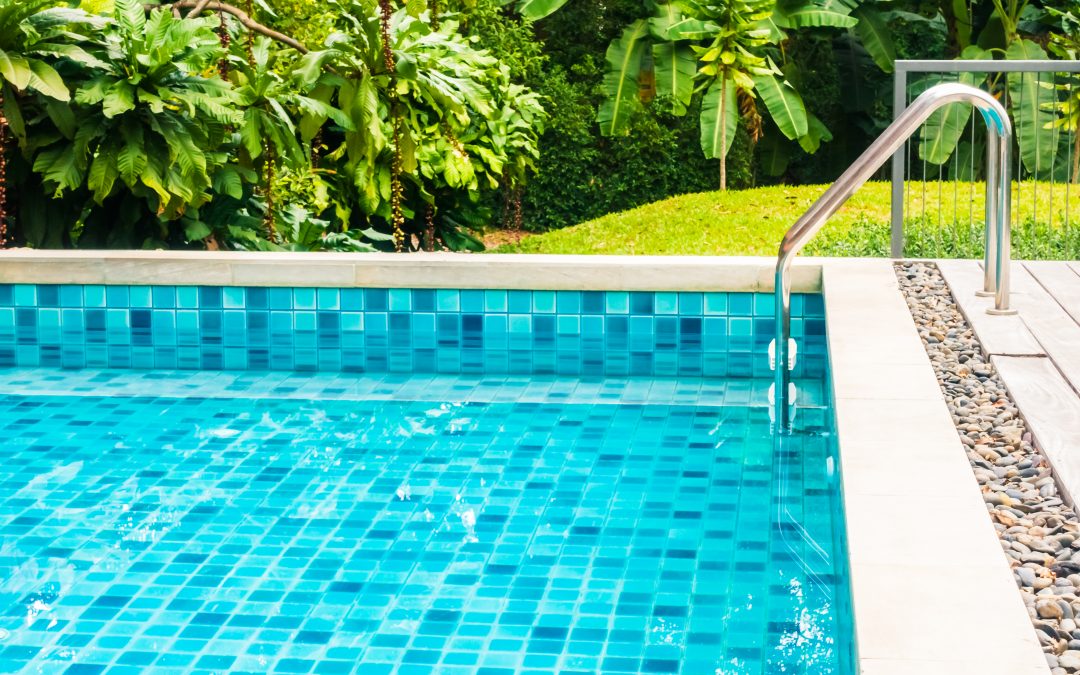Whatever your reasoning for buying a pool heater, you should be well aware of all your options. Pool heaters come in three types: solar pool heaters, gas pool heaters, and pool heat pumps. This post will focus on what you need to know about pool heat pumps.
Pool heat pumps take water from your pool and draw it through the pump’s system. A fan inside the pump creates heat by pulling outside air and guiding it over an evaporator coil. That coil holds liquid refrigerant that draws the heat from the air and transforms it into warm gas, which then travels to a compressor that heats the gas up. The gas then moves through a condenser where a portion of it goes back to the pool water while the rest of it turns back into liquid before arriving back where it started – the evaporator – to restart the process..
Pool Heat Pump Overview
Pool heat pumps outlast gas pool heaters and are usually less costly long-term. However, they do cost more at the initial purchase, ranging from $2,000 to as high as $5,000.
The cost to operate a pool heat pump depends on the temperature climate where you live. The warmer it is, the less you’ll pay to operate the pump. If you use a solar cover, you can significantly decrease your overall operating expenses.
Pool heat pumps are rated by BTU output (same as gas pool heaters) and by horsepower (hp). The standard sizes are 3.5 hp/75,000 BTU, 5 hp/100,000 BTU, and 6 hp/125,000 BTU. In order to find the correct size pump with the appropriate output, you will use the same formula you would use for a gas pool heater, which is the following:
Multiply your pool width by the pool length to get the surface area. Then, figure out your desired pool water temperature and subtract from it the average air temperature during the coldest month of pool use. The resulting number is the temperature rise needed for your pool. Multiply that number by the surface area, and then multiply that by 12 to get the BTU output your pool needs. Pool heat pumps have several advantages: they’re ecological, are emissions-free, are a great replacement for solar heaters (particularly if you live in an area where a solar heater isn’t at all effective), aren’t costly to run, and they usually last about 2 decades.
Pool heat pumps have disadvantages as well: they need electricity to operate (usually a 220V outlet), they don’t work properly in colder weather, they’re pricey up front, and they’re slow when it comes to heating the water.
If you want to reduce the cost of running a pool heat pump even more, invest in a solar or liquid pool cover to trap hot air, reduce evaporation and heat your pool more efficiently.
If you need assistance with selecting the right pool heat pump, or your pool requires cleaning, maintenance, or repair, please contact us so we can help you find quality pool companies in your area.

